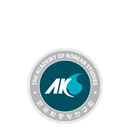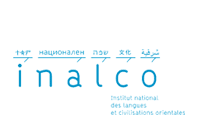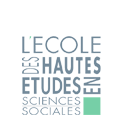
Le prochain séminaire de l’EFEO Paris a lieu le lundi 21 octobre 2019, de 10h30 à 12h, LEE Jung-nam (Asiatic Research Institute, Korea University) intervient sur le thème « South Korea’s perception and policy on China in the age of competition between the US and China. Focusing on the approaches of China experts in Korea » (entrée libre) 22 avenue du Président Wilson, 75116 Paris.
This paper analyzes the direction of development on South Korea’s China policy, by surveying expert group’s opinions on South Korea’s position during the conflict between the US and China in East Asia. The experts recognize Sino-US strategic competition in East Asia and reports that even though it is important to check North Korea based on alliance with the US, South Korea needs to work closely with China to solve the issue of unification, economic growth, and North Korea’s nuclear program. Experts also emphasize that the ROK-US Alliance should be focused on checking North Korea, avoiding China’s suspicion of the three-way alliance among Korea-US-Japan that threats its security.
Experts have divided opinion on South Korea’s THAAD deployment. However, they agree on that its purpose should be checking North Korea’s nuclear program, not the development of a global MD system of US or three-way security alliance among Korea-US-Japan that aggravates Sino-US strategic competition in East Asia. Also, experts express deficiency of Korean government’s diplomatic efforts to persuade China during the process of THADD deployment. In the end, they argue that Korean government needs to avoid traditional position of taking a ride on a greater power or equidistant diplomacy between the United States and China. Rather, they recommend that Korean government should develop self-directed diplomacy that actively expresses its policies and stands on a case-by-case base and persuades the US and China to align with their positions.






